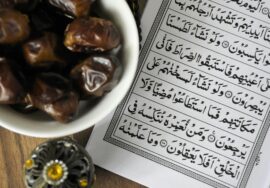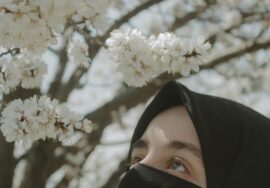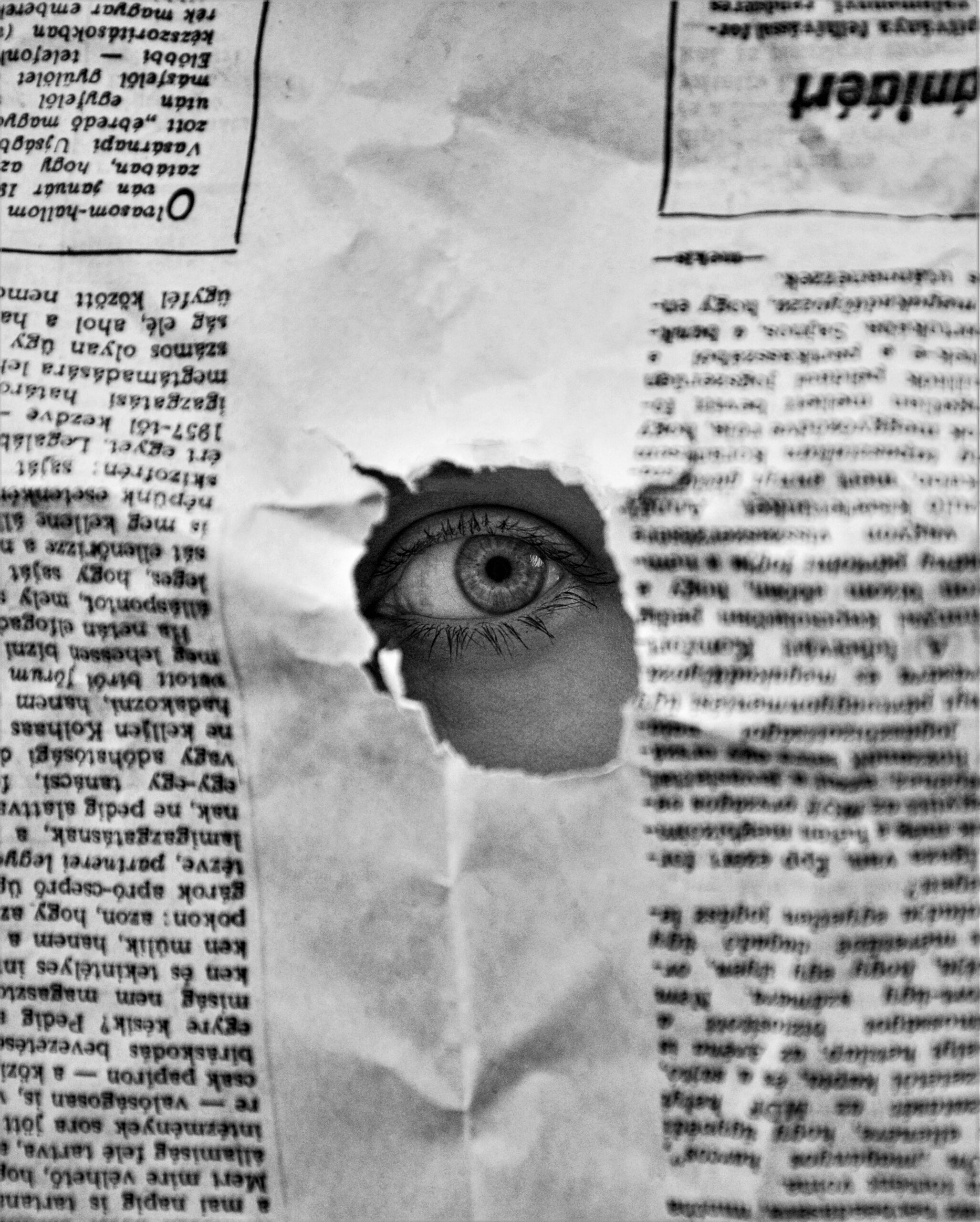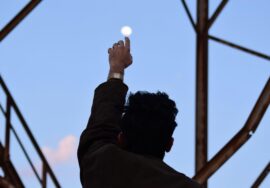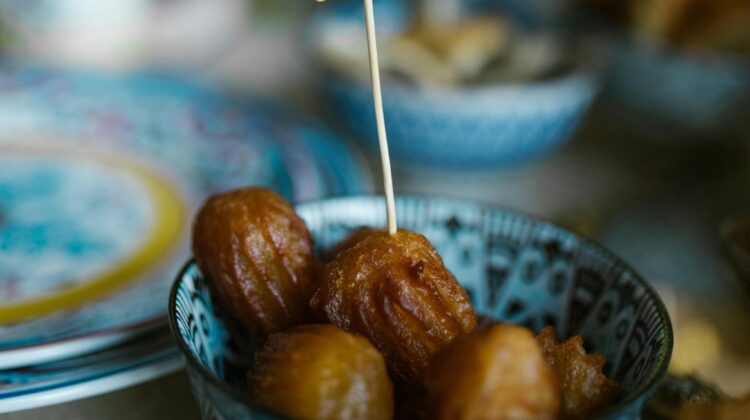
Eid and loneliness
Eid is a beautiful aspect of the Islamic tradition: a chance to come together with your family and enjoy high-quality food, not to mention an excuse to get new clothes and dress up. It’s a splendid time for millions of people. However, for many new Muslims, this time of year is a stark reminder of how alone they are. Seeing all of the festivities around you while unable to meet them can feel like looking through a window. If this is you, know that Allah gave you this trial for a reason; He sees your struggle and will compensate you for it.
One of the fundamental teachings of Islam is to come as you are and try your best. Part of that is accepting that you may have mixed feelings about aspects of our faith, including our Eids. Be that as it may, if we examine the occasions Eid-al-Fitr and Eid-al-Adha follow (Ramadan and the hajj season, respectively), one of the lessons they hold is that as Muslims, we can’t let our feelings take complete control, letting yourself stew in these negative feelings creates a barrier between you and making Eid better, dragging down your spiritual progress. Back in 2021, I was struggling with the notion of having to spend the day alone, however, as I was a few years younger and didn’t have the clarity I do now, my initial way of coping with feeling so isolated was to push the day away: I tried to take on extra work, I refused to get formal clothing. The result of this clouded the day and made the spiritual and mental health aspects harder for me. It wasn’t until I softened my perspective and used what I could that I began to see what my peers saw when it came to this day.
So, where’s the balance? How can I make Eid feel special?
The biggest piece of advice I’d give you is don’t ignore the holiday completely. Eid is a day of rest and joy; working through it defeats the purpose and denies you an opportunity to gain barakah (blessings). Eventually, you will need to work with what you have. Get your favorite meal to continue your growth. Wear something nice; to me, that means wearing something that feels the most confident if it isn’t the most formal. The clothes you wear affect how you carry yourself throughout the day; taking the time to make yourself look good to yourself is crucial. The small moments of joy and peace you can create for yourself are worship if you’re doing it with the intention of trying to please Allah. One of His names is An-Nafi, The Bringer of Good; it’s a very gentle name that reminds us of the care He has for us showing that He wants us to experience ease to show happiness.
Last but certainly not least is Sadaqa, donating to charity. Not only are we taking out a godly loan (Quran: 57:18), but it is beneficial from an emotional aspect. The form of charity depends on if it is Eid-Al-Fitr or Eid-Al-Adha. For Eid-al-Fitr, you should donate approximately six pounds of staple food or the cash equivalent to a charity to distribute to the poor. On Eid-Al-Adha, Ideally, donating 1/3 of a goat or a cow would be in line with the sunnah; however, not everyone has the money to do so. If you’re dealing with economic strife, what you can do instead is to volunteer or send a gift to someone you care about or someone you know is having a hard time. It will help you feel better, even if it is a little bit.
My ideas aren’t the end-all-be-all solution; they’re the measures that helped me through Eid when I can’t be with other Muslims. It isn’t easy, but it’s important to remember that with hardship comes ease, and dua can change fate. These periods won’t last forever, and we won’t have to spend our entire lives alone; we’ll find our place, Insha Allah, Eid will start to feel truly special.

